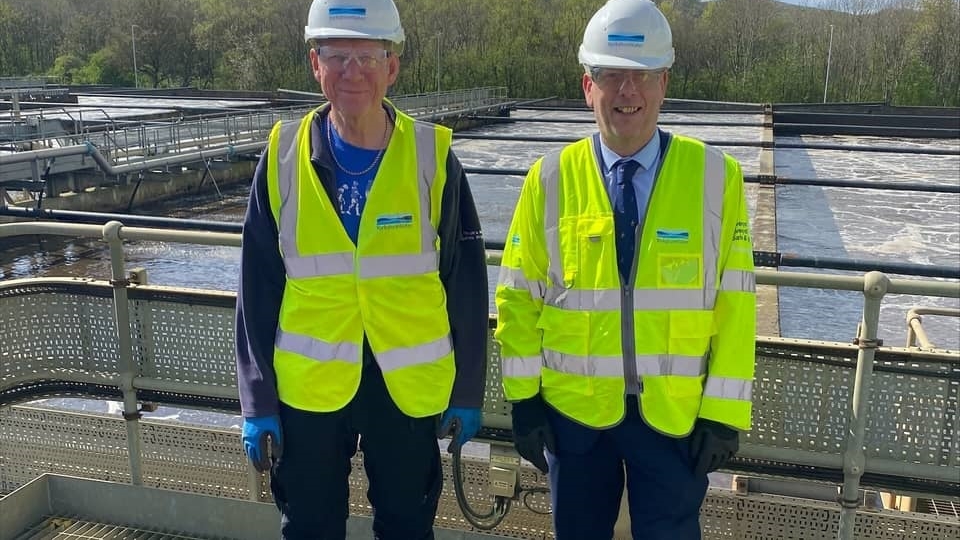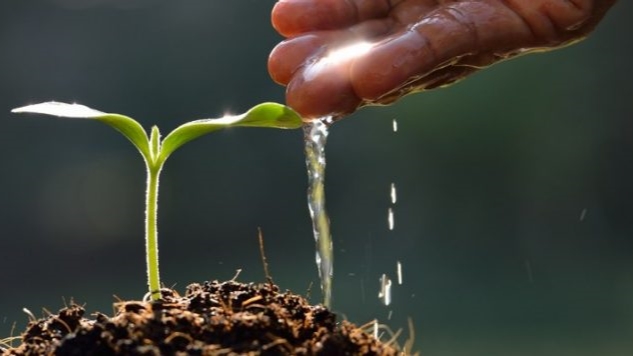Dewsbury MP Mark Eastwood has backed Yorkshire Water’s ‘bin it, don’t block it’ campaign after visiting one of the utility company’s wastewater treatment works in his constituency.
Flushing wet wipes, sanitary products, nappies, cotton buds or dental floss down the toilet or rinsing waste food, fats, oils and greases down the drain can cause blockages within the sewer network or at wastewater treatment works.
Blockages can lead to restricted toilet use for customers, sewage escapes into properties and gardens and in the worst cases, pollution of local watercourses.
Mark Eastwood, MP for Dewsbury, said: “Having visited a wastewater treatment works it is clear the impact flushing wet wipes down the toilet and pouring fats down the drain can have on Yorkshire Water’s network but also our local community and environment.
“Blockages caused by incorrect disposal of these items cost millions of pounds every year to resolve and it is important people consider the small changes they can make to their own habits to try and reduce the impact of blockages on Dewsbury, Mirfield and the surrounding area.”
Wet wipes are the most common cause of sewer blockages in Yorkshire, with 44% of the 26,790 blockages removed from Yorkshire Water’s pipes in the region in 2021 attributed to wet wipes.
The utility company is urging people to bin items such as wet wipes, sanitary products, fats, oils and greases, rather than flushing them or pouring them down the sink in a bid to reduce the number of blockages it deals with.
Mark Hammond, head of customer field services at Yorkshire Water, said: “We work very hard to encourage customers to change their behaviour and to think carefully about what they pour down the sink or flush down the toilet.
“Items such as wet wipes and sanitary products contain plastic and do not breakdown within the sewer. When combined with food waste and cooking fats these can quickly form a blockage, preventing the sewer from flowing as it should. These blockages can lead to people being unable to use their toilets, sewage escaping into properties and gardens or polluting local watercourses.
“Many people simply flush and forget, but we know from our experience removing blockages every day that unflushables can cause significant issues for our customers and the local environment. We would urge everyone in Dewsbury to bin wet wipes, sanitary products and cooking fats, to reduce the likelihood of being impacted by blockages in the future.”



